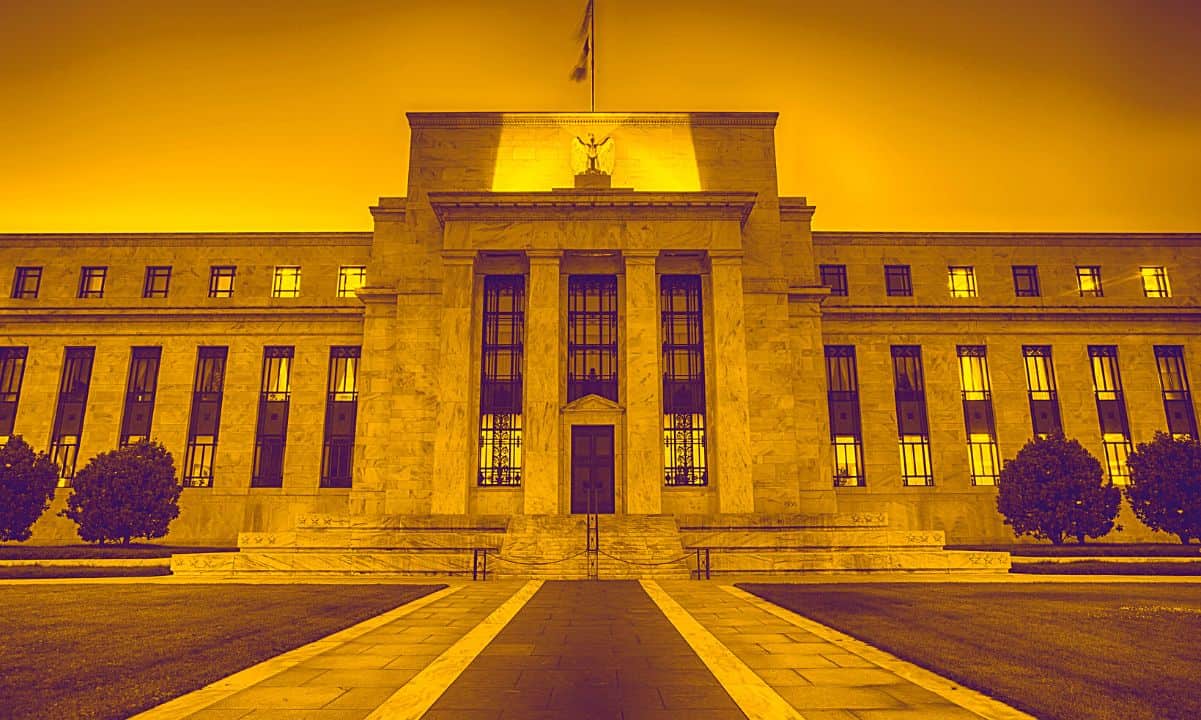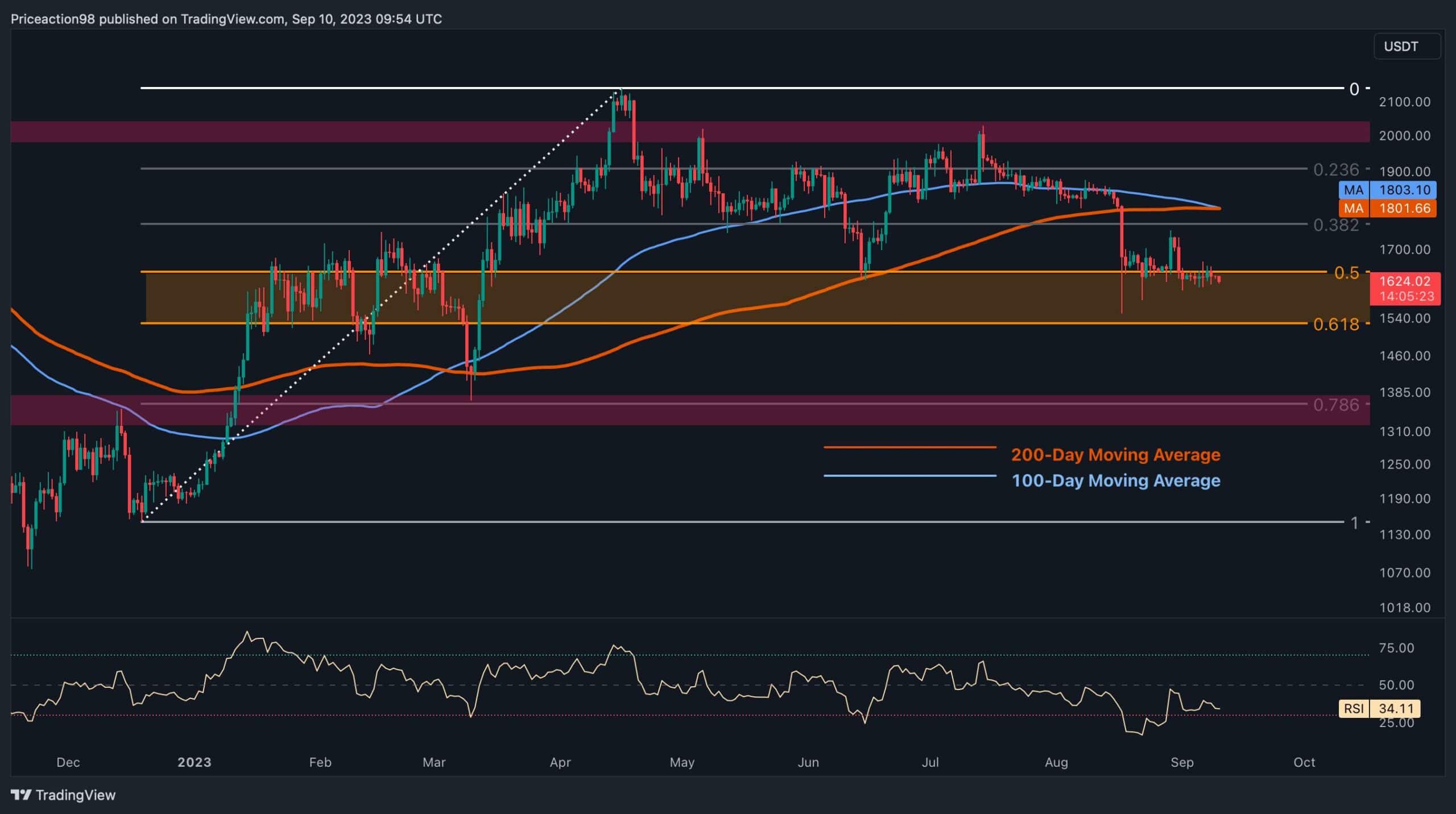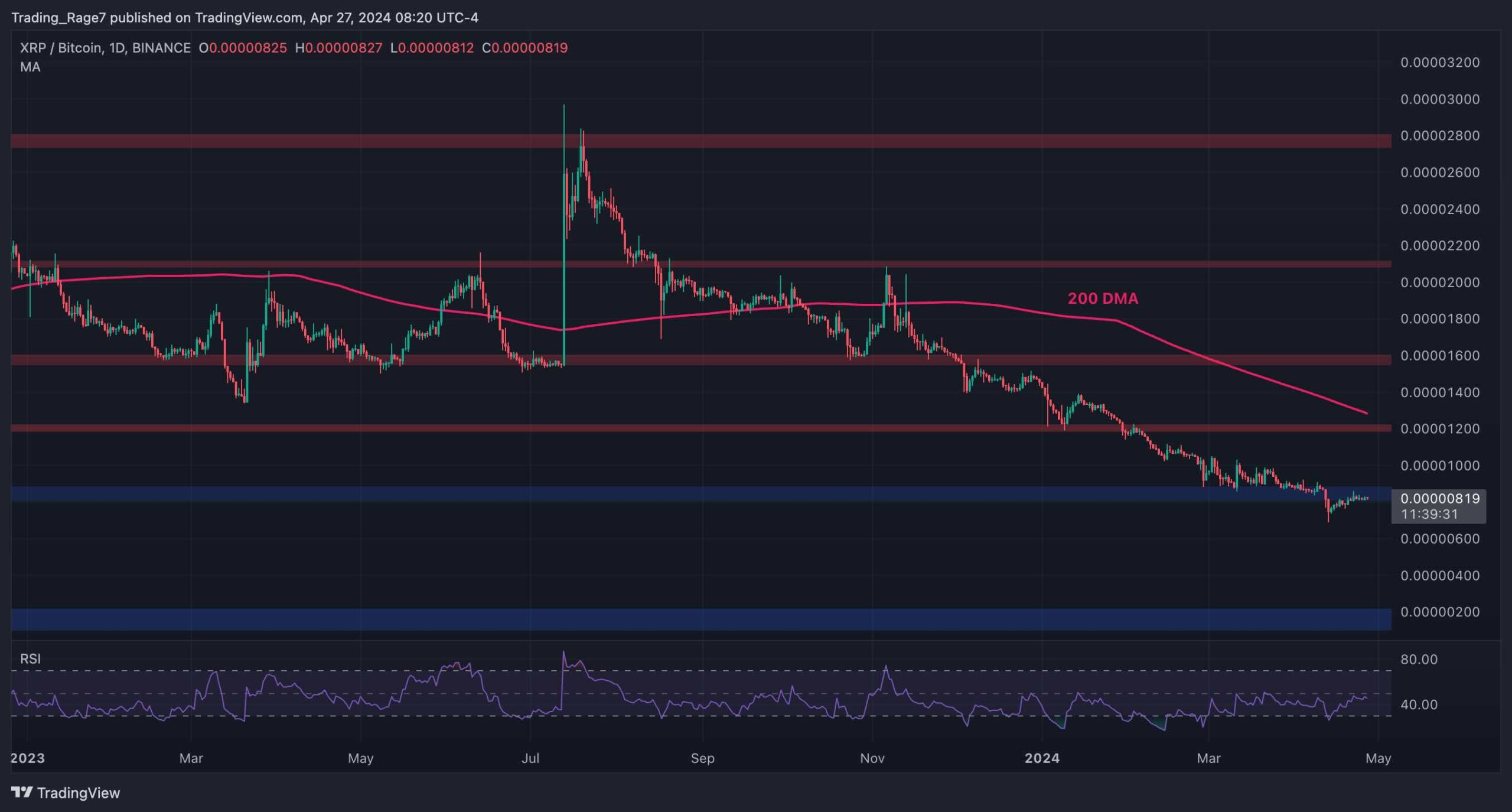Circle’s Jeremy Allaire Estimates Majority of USDC Adoption Originates Beyond US Borders
Stablecoin issuer Circle is a US-based company, and 70% of its USDC adoption originates from non-US regions.
According to the estimations of Circle CEO Jeremy Allaire, some of the fastest growing areas are emerging and developing markets, which are not in the country that has been facing severe regulatory uncertainty.
Not Fixated on US
Allaire took to X (formerly Twitter) to reveal observing “strong progress” across Asia, LATAM, and Africa, highlighting the demand for “safe, transparent digital dollars.”
Circle isn’t the only company that has demonstrated not being particularly fixated on the US ecosystem. In fact, Tether’s chief technology officer, Paolo Ardoino, also echoed a similar sentiment when he earlier revealed the stablecoin company’s aim to position USDT as “a safe tool for emerging markets and developing countries, a life-life for many communities that are suffering from a heavy devaluation of their national currencies.”
Allaire’s remarks coincide with a reduction in the supply of the USDC stablecoin since the start of 2023 as a result of diminishing demand and a rise in redemptions. With redemptions surpassing issuance, concerns over USDC’s liquidity surfaced again. The Circle CEO also addressed the situation and confirmed issuing $5 billion worth of USDC and redeeming $6.6 billion worth of USDC.
Doubling down on Circle’s expansion, Allaire revealed that the stablecoin issuer company was actively collaborating with several reputable financial institutions across key global regions.
Shift in Stablecoin Landscape
USDC has had a rocky start shedding over 43% since the beginning of the year. The stablecoin, however, held up its market cap above $26 billion over the past few weeks following a brief slump below the level. This is despite Binance selling a significant chunk of the token, as recently revealed by Coinbase CEO Brian Armstrong.
The unexpected comment by the exec came during Coinbase’s second-quarter earnings, during which he said,
“Binance actually moved some of their funds from USDC into another stablecoin. I think the data we have in the last six or seven weeks, I believe, that the USDC market cap is up net of that. And so that’s an important data point.”
A lookout for a different stablecoin follows the New York Department of Financial Services (NYDFS) order to stop issuing the dollar-pegged BUSD stablecoin. Binance shifted its focus to TrueUSD (TUSD) as a solution for its stablecoin requirements. But TUSD lost its peg, and its issuance ceased by June 10th.
The rise of FDUSD, on the other hand, caught the attention of Tether’s Ardoino, who observed that USDT faced downward pressure, and its primary competitor, USDC, which is experienced significant redemptions instead of gaining from such a situation.
The change in the stablecoin landscape is further validated by this week’s launch of PYUSD by global payments giant PayPal.
The post Circle’s Jeremy Allaire Estimates Majority of USDC Adoption Originates Beyond US Borders appeared first on CryptoPotato.









